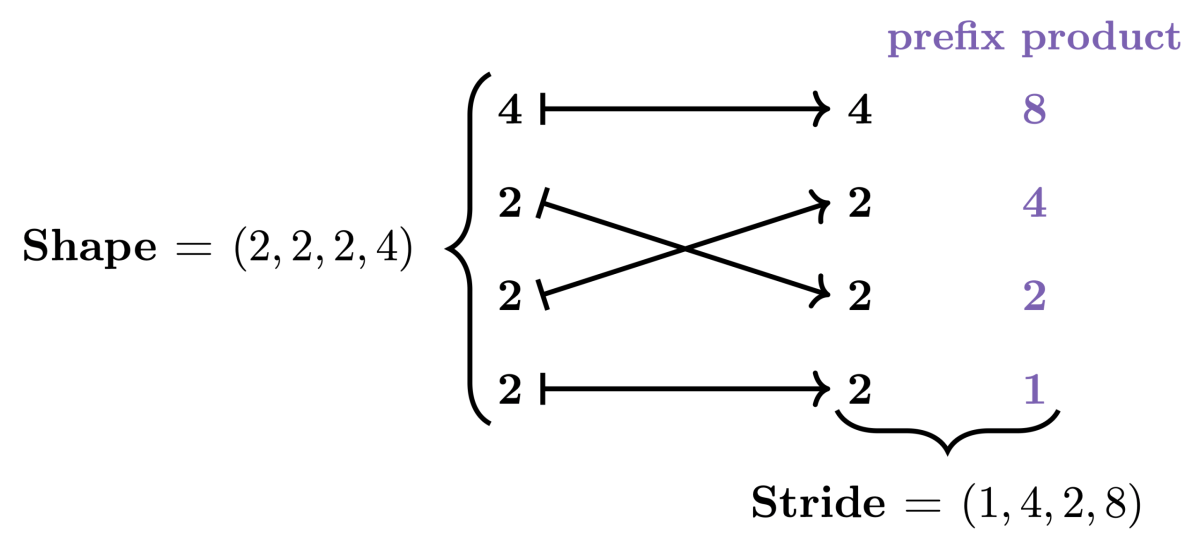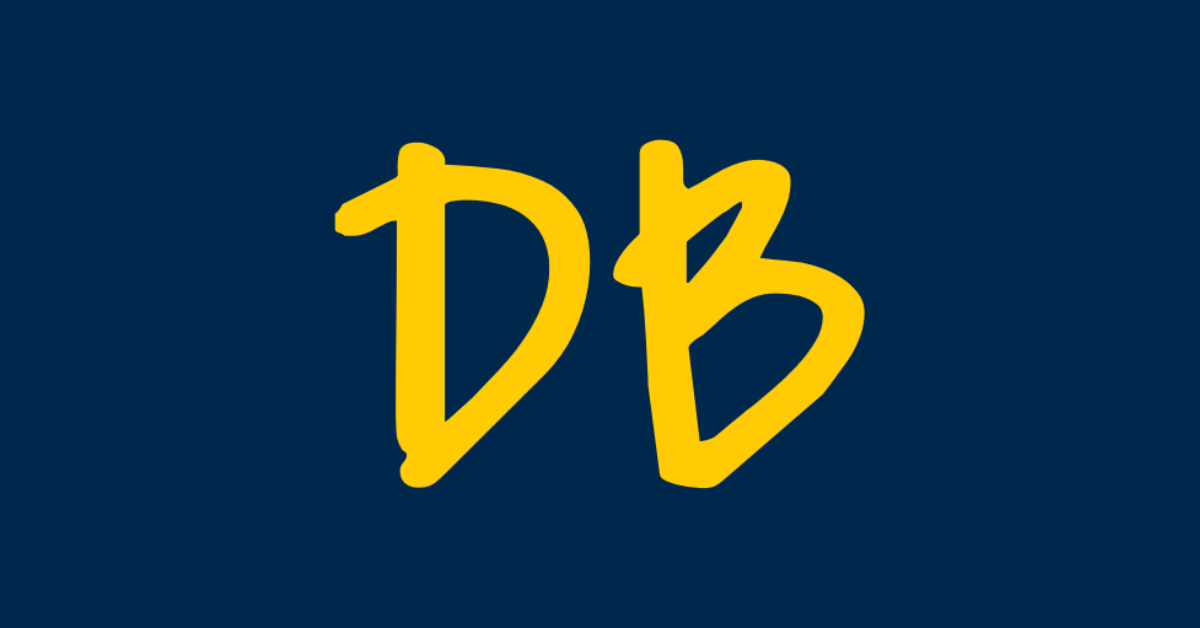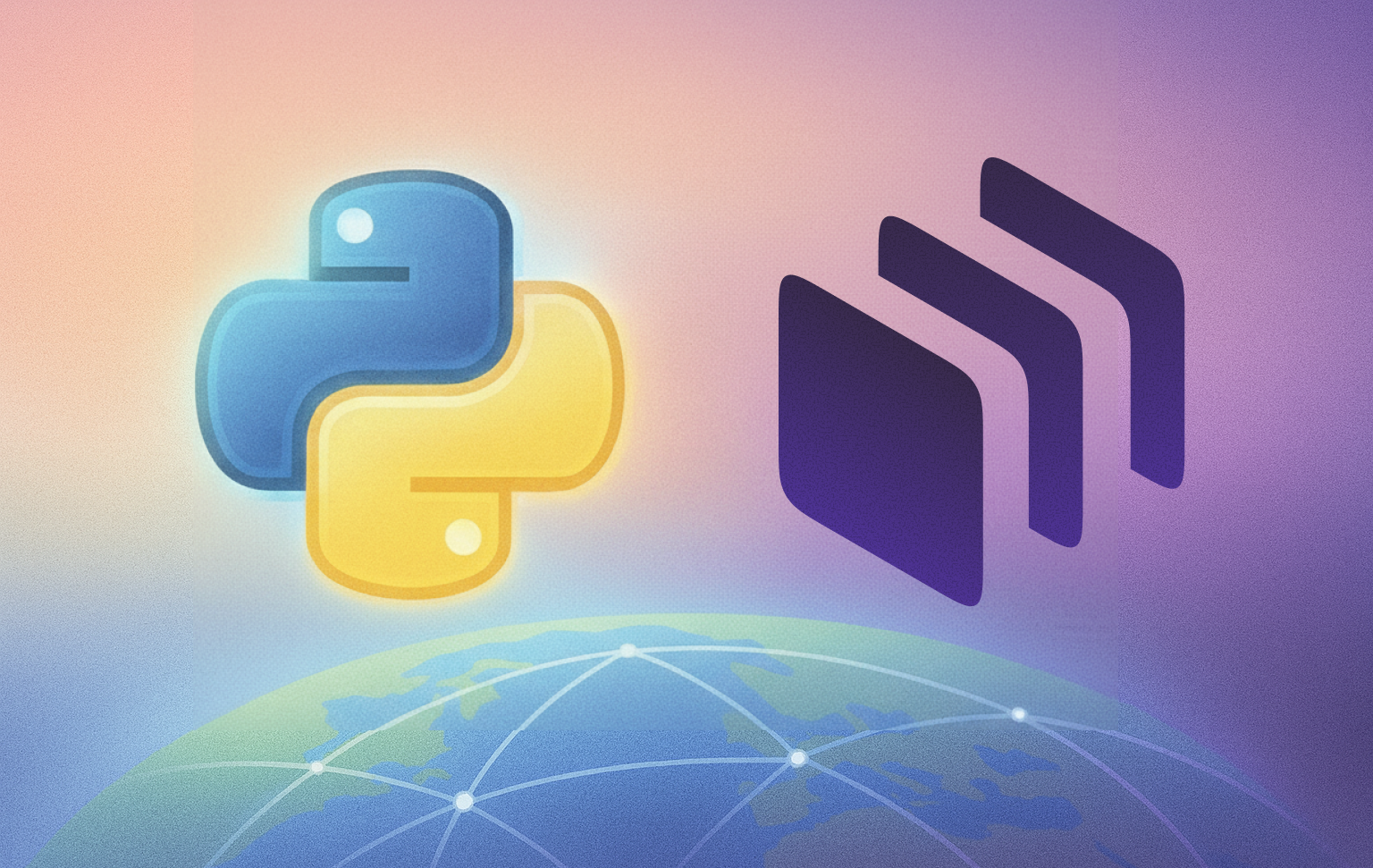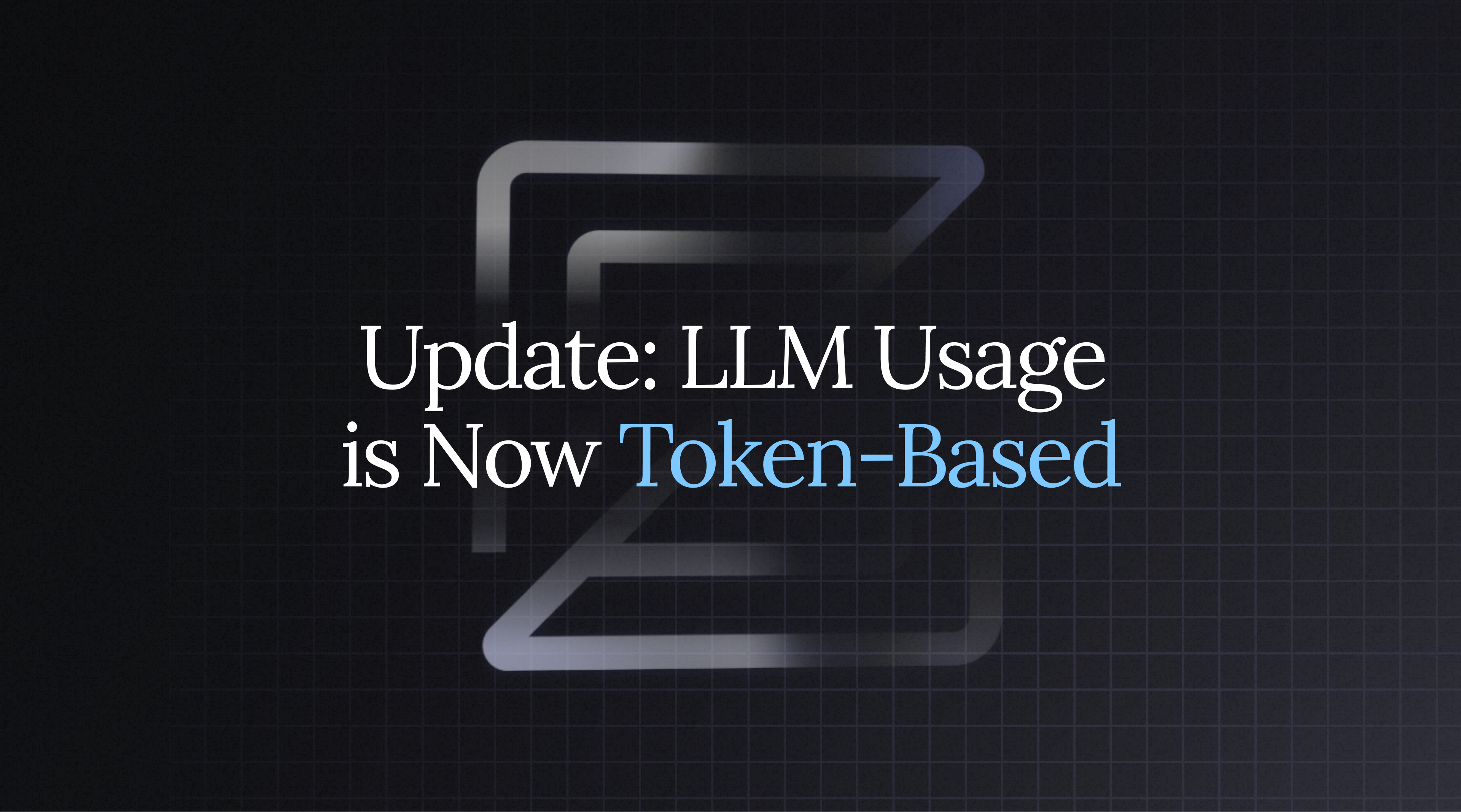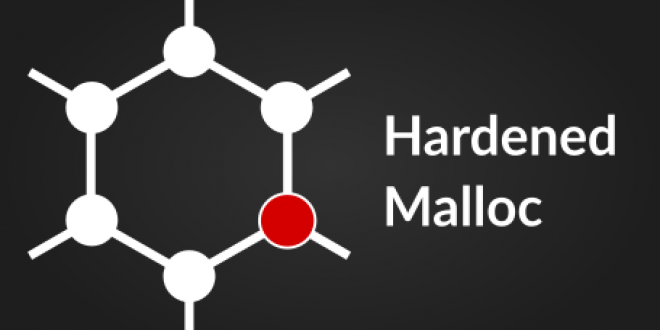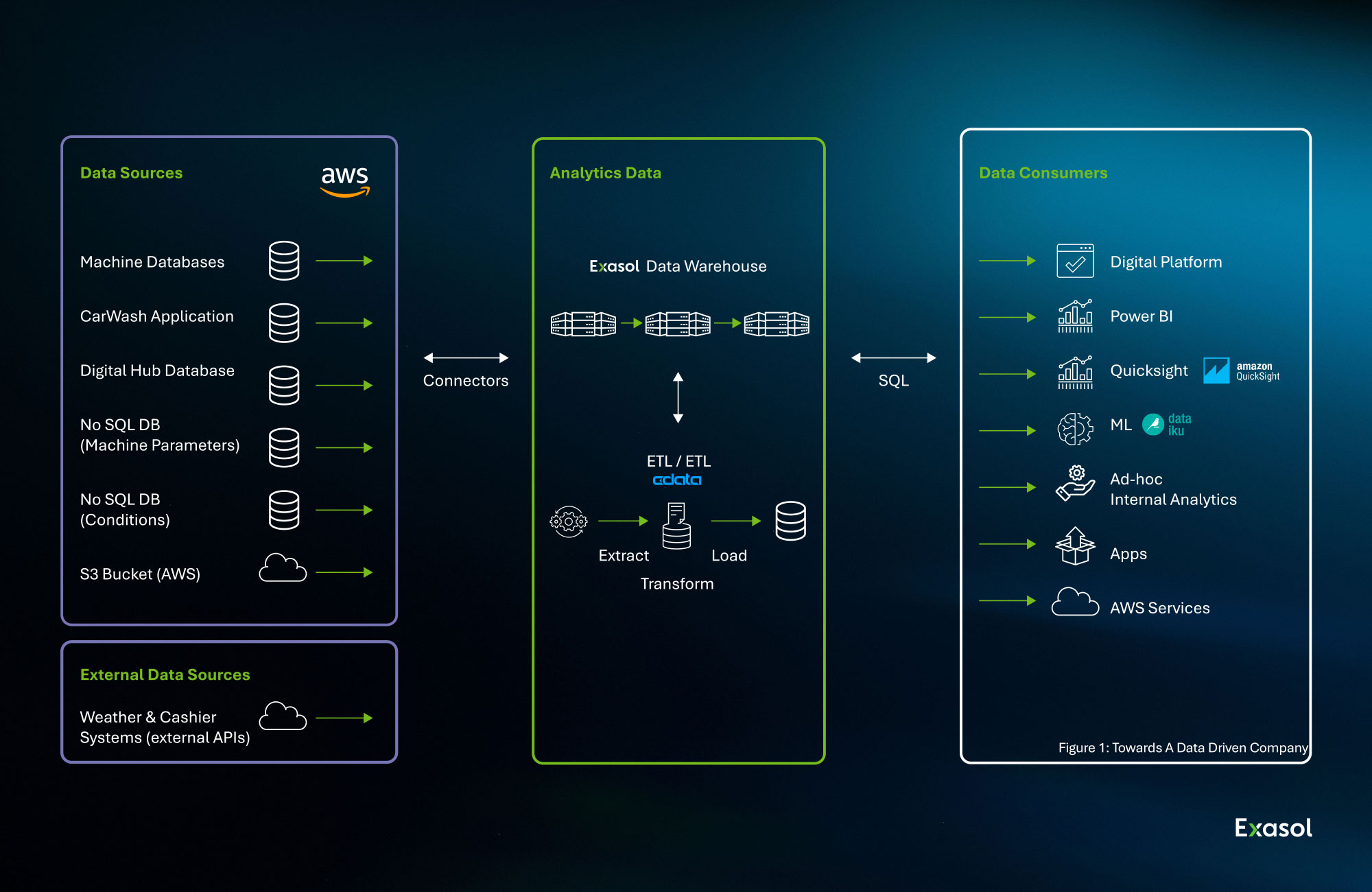Element Web & Desktop Get a Major UI Overhaul: Redesigned Room Lists

Element's Web and Desktop apps have received a significant update, completely revamping their room lists. Inspired by the Element X mobile design, this update delivers a sleeker, more intuitive experience. This is the first step in a larger evolution, aiming for cross-platform consistency, improved accessibility, and a more robust technical foundation. The result? A simpler, faster, and better experience for all users. New filters help manage busy room lists, clearly displaying unread messages, mentions, and recent activity. Accessibility improvements and underlying architecture upgrades (like MVVM and Sliding Sync) promise better reliability, faster load times, and quicker future updates.
